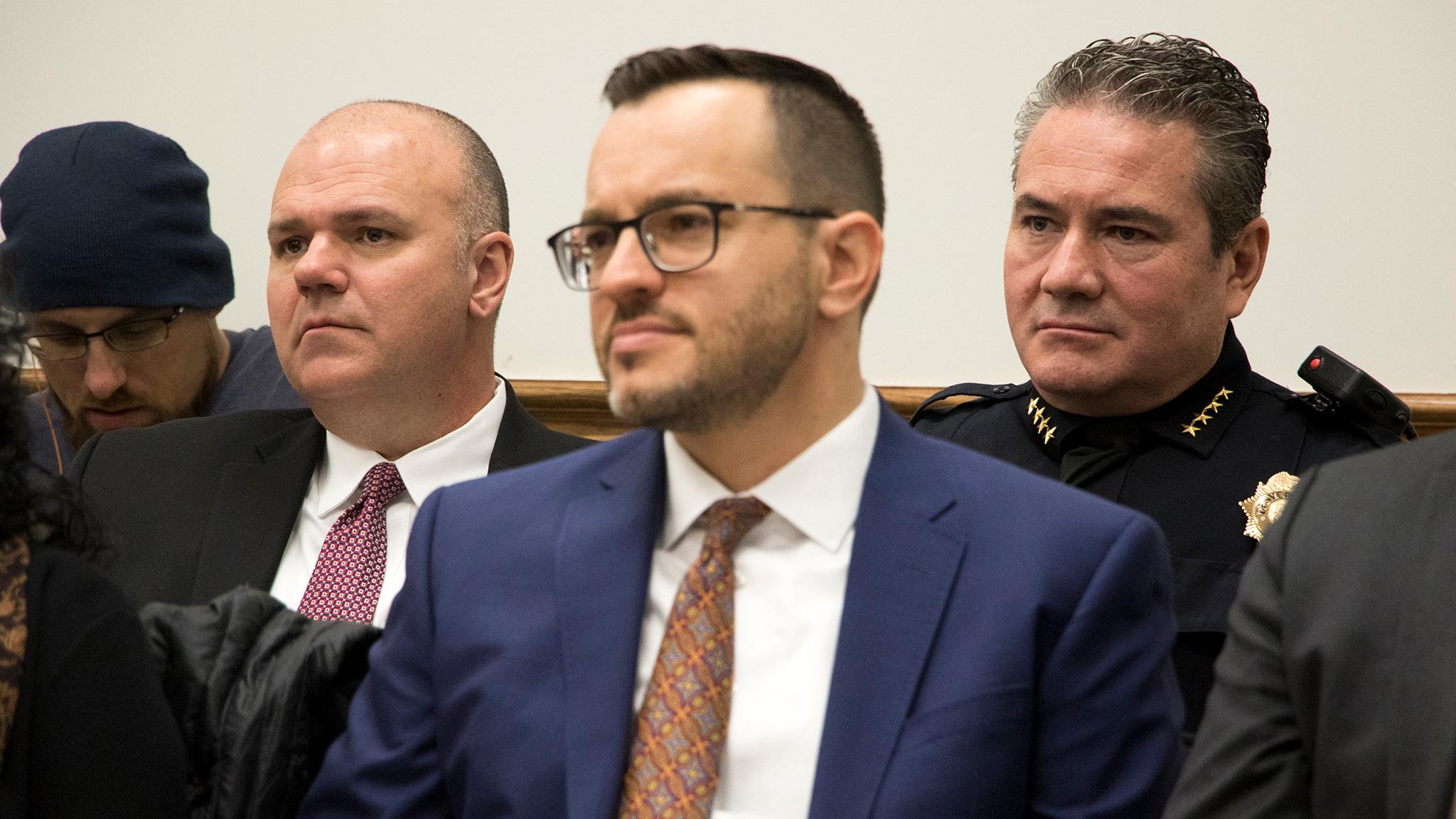The Denver City Council gave more authority to the Denver Office of the Independent Monitor, which is responsible for checking the power of Denver's police and sheriff departments, during its legislative meeting Tuesday.
Denver's new ordinance cements the office's power to monitor two of the city's top law enforcement posts -- chief of police and sheriff -- instead of just their subordinates. The OIM's new powers come partially in response to Mayor Michael Hancock cutting the watchdog out of an investigation into political appointee Robert White, the former chief of police.
"I think what we came up with is an excellent bill that solidifies the authority of the Office of the Independent Monitor to oversee the actions of not just the rank and file of the officers on the street, but the chief of police and sheriff as well," said City Councilman Paul Kashmann, one of the law's sponsors.

The new setup will dilute the power of the mayor's office. Denver's executive previously appointed members to the Citizen Oversight Board, the resident-run group that assesses the independent monitor. Now the city council and the mayor will get four appointments each, and share one.
Some other changes: Retaliation for anyone who cooperates with the independent monitor is expressly banned. The law pushes for more transparency with public documents as well.
Denver's independent monitor has held essentially the same powers since it was created 2004, and advocates have wanted stronger oversight for just as long. The deaths of Michael Marshall and Marvin Booker while in city custody helped push the reforms to the fore.
The police union ultimately sided against the law.
The Denver Police Protective Association was okay with most of the changes, union president Nick Rogers told city council members last month. But Rogers was especially concerned about letting Nick Mitchell, the independent monitor, comment on how officers and deputies are disciplined. It's a "slippery slope" that could end up with civilians disciplining officers, he told Denverite.
On Tuesday, City Councilwoman Robin Kniech, the law's co-sponsor, said the changes were about trust.
"I don't think that the system we had was broken, but I do think it was outdated and there were pieces that weren't working as well as intended," Kniech said. "And there was confusion about it."
City Councilman Paul López was the law's third sponsor.
The council passed the bill unanimously, with City Council members Chris Herndon, Kevin Flynn and Mary Beth Susman absent.
Check out Denverite's deeper dive here.
This article was changed to reflect the fact that the OIM does not have the power to sanction city departments.













